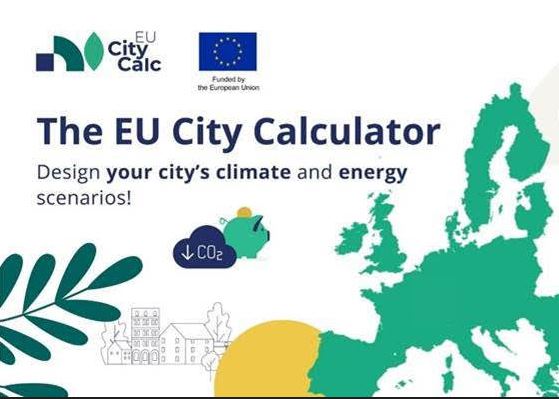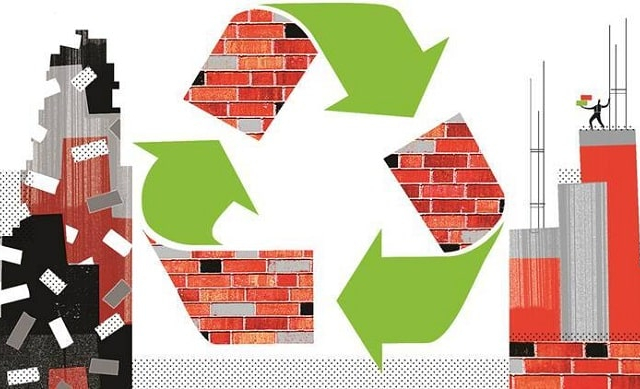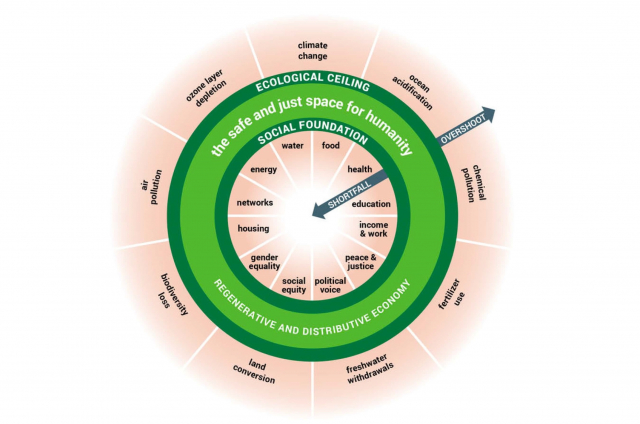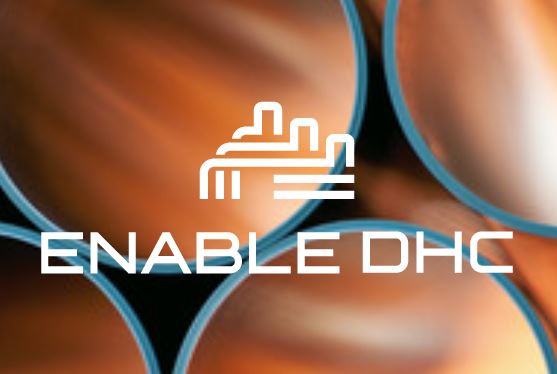EUCITYCALC: Prospective modelling tool supporting public authorities in reaching climate neutrality
Status: Ongoing projects

The aim of the project is to support public sector institutions in the process of climate neutrality planning in the context of European countries and cities moving towards climate neutrality, to learn and localise a prospective modelling approach and climate action pathways and scenario modelling tools (European City Calculator web tool or “EUCITYCALC”) for use in the Riga city.
Best practice in Europe for developing climate neutrality policies and related planning documents is to use innovative data-driven modelling tools to analyse the impacts of selected courses of action and to model policy scenarios. This ensures data-driven, informed decision-making to achieve climate neutrality objectives. In order for the City of Riga to achieve its energy and climate objectives, it is important for the City of Riga to use modelling tools tailored to the specificities of the municipality, as without them it is not possible to determine the effectiveness of the chosen courses of action and policy scenarios. It is equally important to improve the knowledge and skills of municipal staff involved in energy and climate sector planning and policy development in the use of modelling tools.
Within the EUCityCalc project, a web-based online tool for modelling climate policy actions and scenarios (the European Cities Calculator Web Tool or “EUCITYCALC”), based on a prospective modelling approach, will be developed and localised in the Riga City Municipality.
The project’s main lines of research
⚈ Acquisition and processing of data for modelling purposes and exploration of possibilities for automation of data storage in cooperation with Riga City Municipality departments;
⚈ Adaptation of the perspective modelling approach and the online modelling tool to the specificities of the Riga City Municipality;
⚈ Modelling of action lines and policy scenarios;
⚈ Knowledge transfer, skills development activities for Riga City Municipality specialists and development of supporting materials for the use of modelling tools;
⚈ Facilitation of cooperation with stakeholders involved in achieving climate neutrality objectives;
⚈ Synthesis of modelling results and development of action lines and scenarios for climate neutrality targets that can be implemented;
⚈ Development/updating of energy and climate planning documents, in line with EU and Latvian legislation.
Expected results of the project in Riga
⚈ Data will be collected on all sectors and activities relevant for the City of Riga. The City can assess the conditions needed to achieve its climate neutrality targets (e.g. by 2030 or 2050) and independently develop and review courses of action and policy scenarios using EUCITYCALC.
⚈ Using EUCITYCALC, “toolkits” will be developed in the sectors most relevant for Riga City and energy, emissions, resource and cost benefits will be assessed.
⚈ A manual on the methodology for calculating and accounting for CO2 emissions will be developed using EUCITYCALC.
⚈ Policy scenarios and courses of action in line with the 2050 EU targets will be examined and modelled. The developed scenarios and courses of action will be included in the 2030 Sustainable Energy and Climate Plan of the City of Riga, ensuring its update, as well as the assessment of the update of other strategic planning documents related to climate neutrality.
Duration, funding, partners
Funding: Horizon 2020 research and innovation framework program
Budget: Total € 1 999 691, Riga Municipality funding € 84 250
Duration: 01.09.2021.-30.08.2024.
Partners: European Association of Energy Cities (France), Potsdam Institute for Climate Research (Germany), CLIMACT AS (Belgium), CARBON MARKET WATCH Association (Belgium), Environment Department of the Municipality of Mantova (Italy), Urban Ecology Department of the Metropolis of Dijon (France), Arabida Energy and Environment Agency (Portugal), Zdjár near Saasava (Czech Republic), Local Energy Association (Czech Republic), Regional Energy Agency of the North (Croatia).













